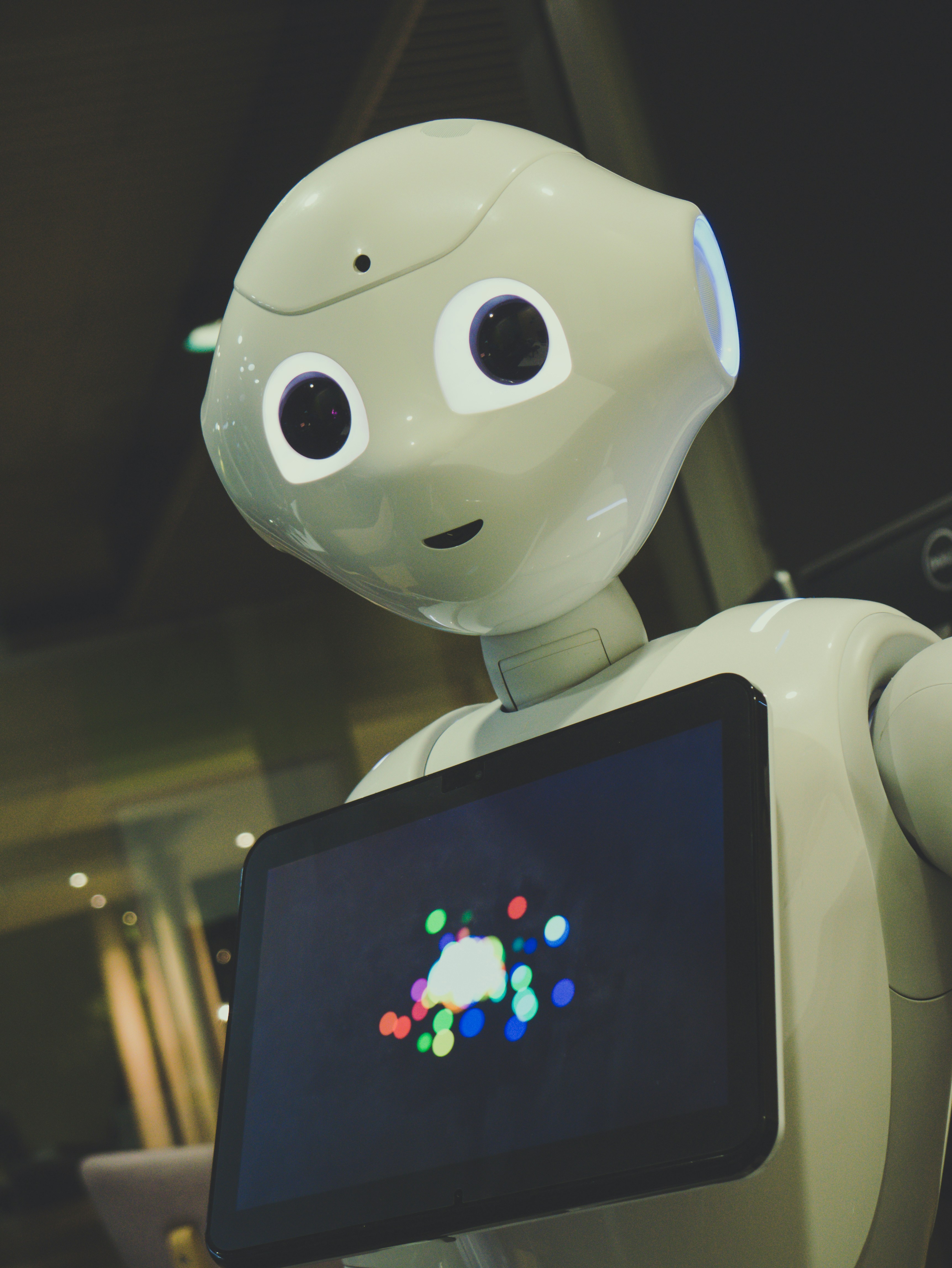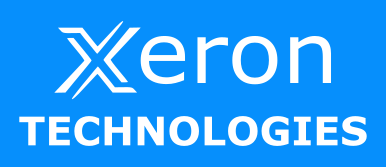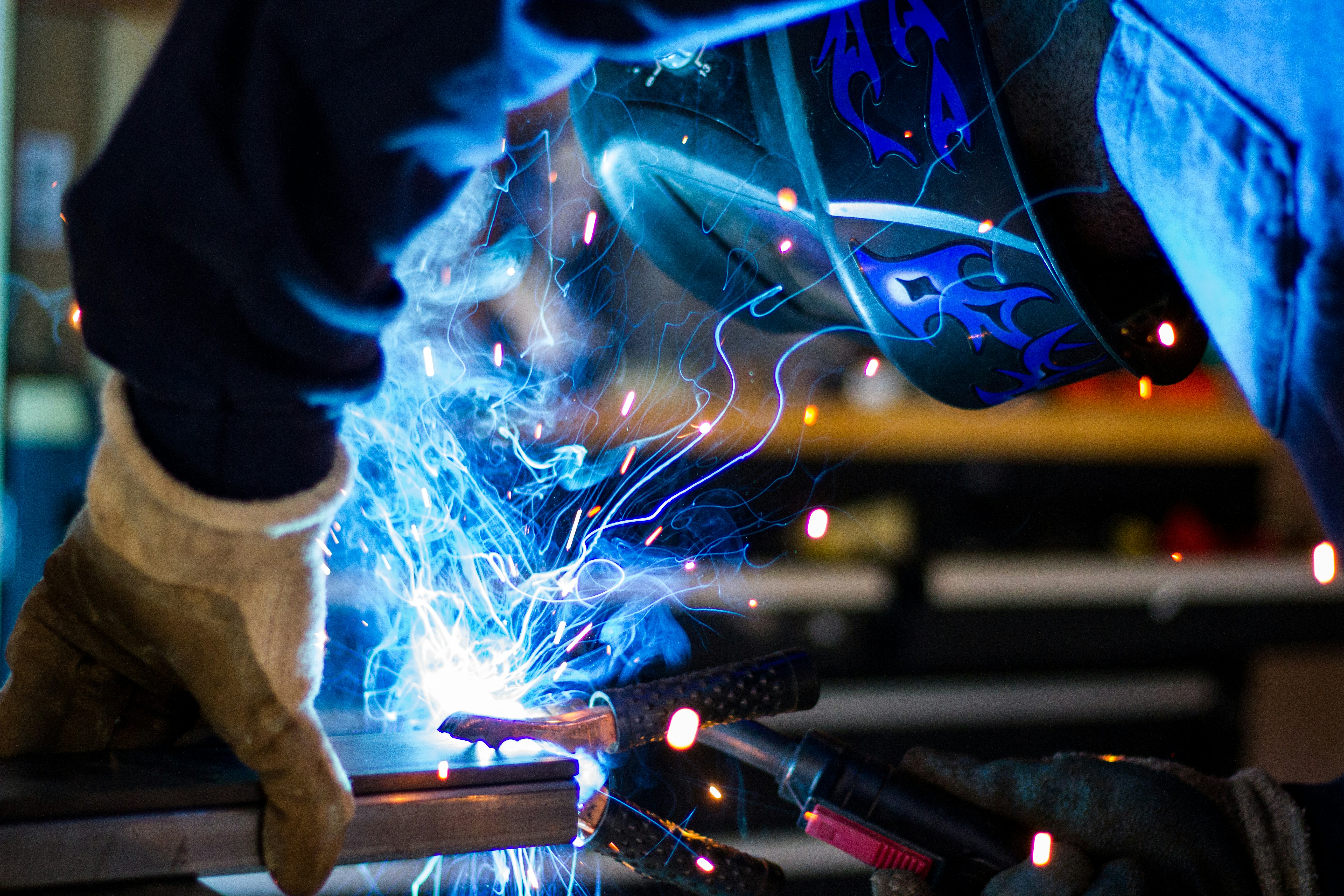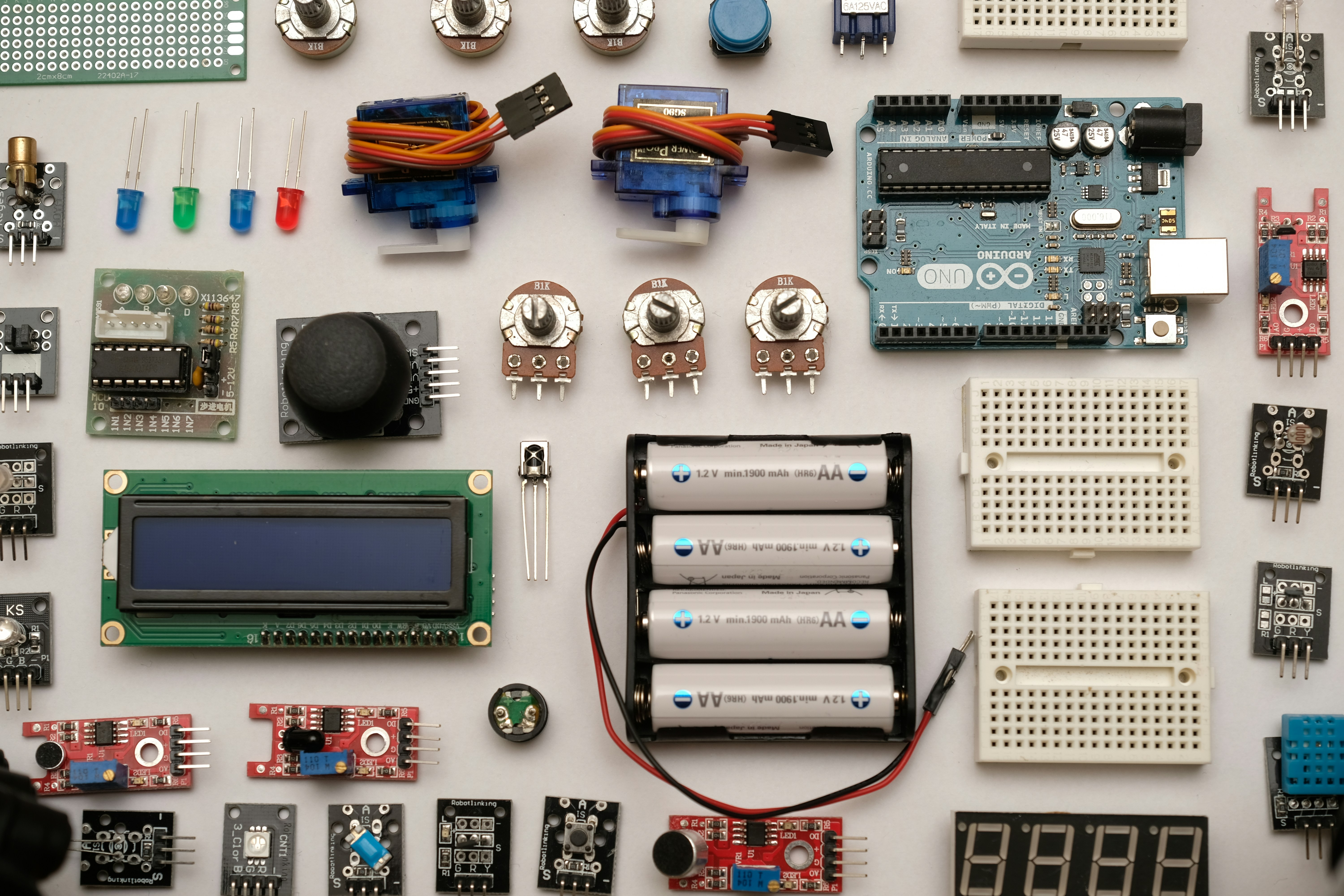The Future of Technology: Industry 4.0, Internet of Things, and Artificial Intelligence
October 1, 2023 | by XeronTechnologies.com
 Photo by Owen Beard on Unsplash
Photo by Owen Beard on Unsplash Introduction
In today’s rapidly evolving world, technology plays an integral role in shaping industries and transforming businesses. As a consulting firm specializing in technology advancements, we are at the forefront of the revolution known as Industry 4.0. This blog post explores the key concepts of Industry 4.0, Internet of Things (IoT), and Artificial Intelligence (AI), and their impact on various sectors.
Industry 4.0
Industry 4.0, also known as the Fourth Industrial Revolution, refers to the integration of digital technologies into manufacturing processes. It encompasses a range of technologies such as IoT, AI, robotics, cloud computing, and big data analytics. The goal is to create smart factories that are more efficient, flexible, and autonomous.
Internet of Things
The Internet of Things is the network of physical devices, vehicles, appliances, and other objects embedded with sensors, software, and connectivity, enabling them to collect and exchange data. IoT enables real-time monitoring, control, and analysis of various processes, leading to improved efficiency, productivity, and cost savings.
Artificial Intelligence
Artificial Intelligence is the simulation of human intelligence in machines that can learn, reason, and make decisions. AI technologies, such as machine learning and natural language processing, enable computers to perform tasks that traditionally required human intelligence. AI has applications across industries, including predictive analytics, virtual assistants, autonomous vehicles, and personalized marketing.
The Impact
The convergence of Industry 4.0, IoT, and AI is reshaping industries and creating new opportunities. Smart factories equipped with IoT sensors and AI algorithms can optimize production processes, reduce downtime, and enhance product quality. AI-powered predictive maintenance can anticipate equipment failures, leading to cost savings and improved reliability.
In healthcare, IoT-enabled devices can monitor patient vitals in real-time, enabling remote patient monitoring and personalized treatment plans. AI algorithms can analyze medical data to detect patterns, predict diseases, and assist in diagnosis. This leads to more efficient healthcare delivery and improved patient outcomes.
In the transportation sector, IoT sensors in vehicles enable real-time monitoring of performance and fuel efficiency. AI algorithms can analyze traffic data to optimize routes, reduce congestion, and improve safety. Autonomous vehicles powered by AI have the potential to revolutionize transportation and reduce accidents.
The Future
The future of technology lies in the seamless integration of Industry 4.0, IoT, and AI. As these technologies continue to advance, businesses that embrace them will gain a competitive edge. The ability to collect and analyze vast amounts of data in real-time will enable organizations to make data-driven decisions, optimize processes, and create personalized experiences for customers.
However, with these advancements come challenges such as data security, privacy, and ethical considerations. It is crucial for organizations and policymakers to address these issues to ensure the responsible and ethical use of technology.
Conclusion
Industry 4.0, IoT, and AI are revolutionizing industries and driving innovation. As a consulting firm, we are committed to helping businesses navigate the complexities of these technologies and harness their full potential. By embracing this technological revolution, organizations can stay ahead in today’s competitive landscape and shape the future of their industries.
RELATED POSTS
View all


